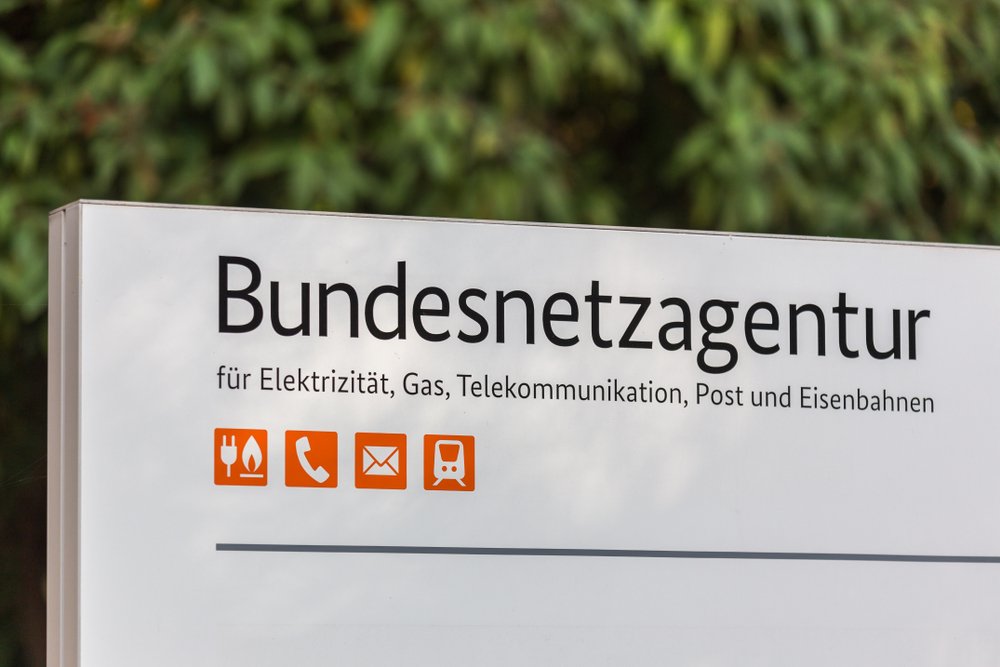The Federal Network Agency is preparing the public for rising electricity and gas prices. President Klaus Müller announced a significant increase in the return on equity. This means a better return for grid operators, but higher grid fees for consumers. According to Müller, there is “high interest in an attractive investment environment” to secure grid expansion and thus advance the energy transition. (handelsblatt: 16.09.25)
A point of contention regarding returns and criticism of the current framework conditions
For years, grid operators have been complaining about returns that are too low compared to international standards. Investors are harder to attract because Germany lags significantly behind in terms of returns on invested equity. Federal Minister for Economic Affairs Katharina Reiche also warned that the energy transition cannot succeed without better conditions. “Without grid expansion, there can be no energy transition. This requires better conditions,” she emphasized.

Klaus Müller reiterated that there is no contradiction between the federal government and his agency. “There’s no room for error,” he clarified. Both sides are pulling together on the issue of return on investment.
Reform process with far-reaching autonomy
The Federal Network Agency determines which network charges are permissible and how high the permitted return for network operators may be. The basis for the current restructuring is the “Networks. Efficient. Secure. Transformed” (NEST) concept. This encompasses several procedures addressing topics such as efficiency, return on investment, and investment conditions.
The Network Agency’s Advisory Board, consisting of members of parliament and state representatives, is holding a special session on this topic. It advises the agency on political matters, but the Network Agency alone makes the decisions.
Growing criticism of the agency’s powers
The agency’s powerful role is increasingly facing resistance in politics. Sepp Müller, deputy chairman of the CDU/CSU parliamentary group, stated that the basic principles of energy policy should not be determined by one agency alone.
The President countered that the rulings of the European Court of Justice set clear guidelines. The Federal Network Agency must fulfill its obligations independently, even if this impacts electricity and gas prices.
Concessions to Operators
The authority accommodated the industry on three points. First, the regulatory period remains at five years, which provides greater planning security. Second, blanket assumptions for trade tax remain in place. Third, rising operating costs will be taken more into account in the future calculation of network charges.
The revenue cap, which specifies maximum revenues, protects consumers and is intended to create fair conditions for investors. It also serves as a central steering instrument for financing the energy transition.
Network operators remain skeptical
Despite the concessions, many companies doubt the success of the reform. A spokesperson for EnBW stated that the supposedly positive overall effect is “incomprehensible.” The planned calculation of borrowing costs has been particularly criticized. Instead of actual interest paid, an average value of the past seven years is to be used – even years with zero interest rates would be included.
This risks a loss of returns for network operators, as their actual financing costs would not be fully recognized. Industry representatives emphasize: “We don’t want to gain anything from borrowing costs, but we don’t want to lose anything either.”
Consequences for Consumers
Consumers must prepare for rising electricity and gas prices. Higher equity interest rates and investments lead to higher grid fees. However, Müller promised to cushion the impact. Less bureaucracy and stricter efficiency requirements are intended to prevent extreme burdens. However, the energy transition cannot be financed entirely without additional costs.
